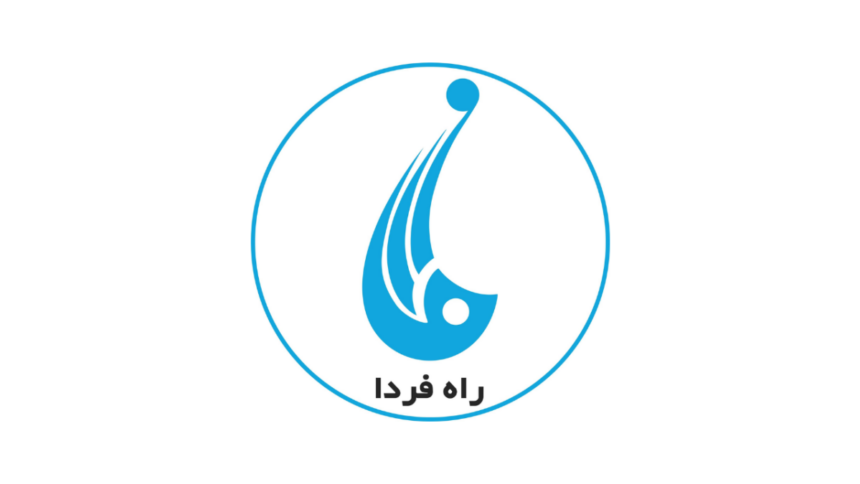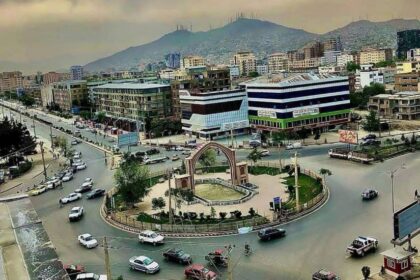RASC News Agency: In yet another blow to media freedom under Taliban rule, the Ministry of Information and Culture of the de facto regime announced on Tuesday, April 29, the indefinite suspension of Rah-e-Farda Television a once-prominent private network broadcasting from Kabul. The move comes amidst mounting complaints from staff members over unpaid salaries, systemic mismanagement, and alleged threats by the channel’s leadership. However, observers suggest that the Taliban’s underlying motive is part of a broader crackdown on media platforms that have resisted aligning with the group’s repressive ideological framework.
According to a statement released by the Taliban’s so-called Ministry of Information and Culture, the suspension was prompted by “repeated complaints” from journalists and other staff regarding years of unpaid wages and the denial of basic labor rights. The Taliban’s Commission for the Investigation of Media Violations claimed it had summoned the station’s leadership on several occasions over the past few months and issued recommendations to resolve the internal disputes. Nevertheless, the commission alleges that no substantive efforts were made by Rah-e-Farda’s management to address the growing concerns.
Adding to the controversy, the commission cited internal reports indicating instances of intimidation and threats against staff members by network executives allegations that have now been referred to the Taliban’s judicial apparatus. Until a formal verdict is issued, Rah-e-Farda’s broadcasting license will remain suspended, effectively silencing a significant voice in the Persian-language media landscape. Multiple insiders confirmed to RASC News that a delegation from the Taliban’s Ministry of Information and Culture arrived at the network’s main office on Tuesday, forcibly halted operations, and sealed off the premises. Rah-e-Farda, launched on September 26, 2006, through the initiative of influential Hazara political figure Mohammad Mohaqiq, served as a critical platform for political, cultural, and social discourse in Afghanistan. It distinguished itself by offering diverse perspectives, particularly from minority communities often excluded from mainstream narratives something the Taliban have sought to erase since reclaiming control of the country in August 2021.
Media experts and freedom-of-expression advocates have condemned the Taliban’s actions, calling the justification of “labor rights” a thin veneer for their true objective: dismantling independent media. “It is deeply hypocritical for a regime that consistently violates workers’ rights and represses civil liberties to posture as a defender of employee grievances,” said one Kabul-based media analyst, speaking on condition of anonymity due to security concerns. Since seizing power, the Taliban have engaged in systematic suppression of the press shuttering media outlets, jailing journalists, banning dissenting opinions, and coercing broadcasters into adopting state propaganda. Rah-e-Farda’s closure marks another chapter in this authoritarian pattern, signaling the Taliban’s escalating hostility toward any outlet that dares deviate from their narrative of religious absolutism and political conformity.
While the Taliban continue to promote their “media guidelines” under the pretense of moral rectitude, the reality on the ground reveals a brutal information regime that operates through coercion, fear, and censorship. In this climate, the space for independent journalism is rapidly shrinking, and with it, the public’s access to truth, accountability, and plurality of thought.






